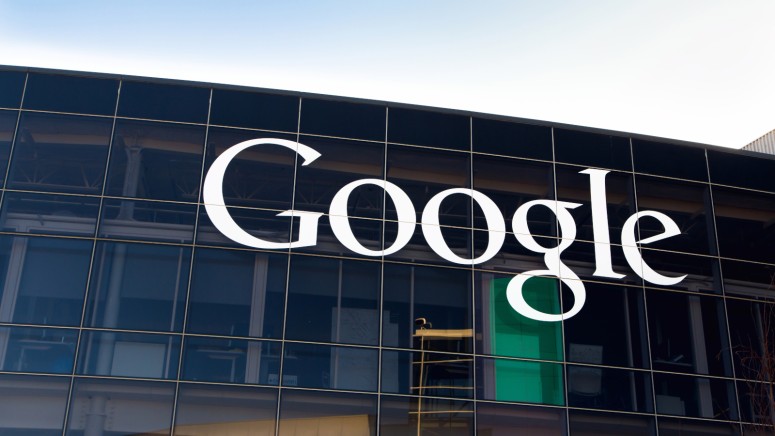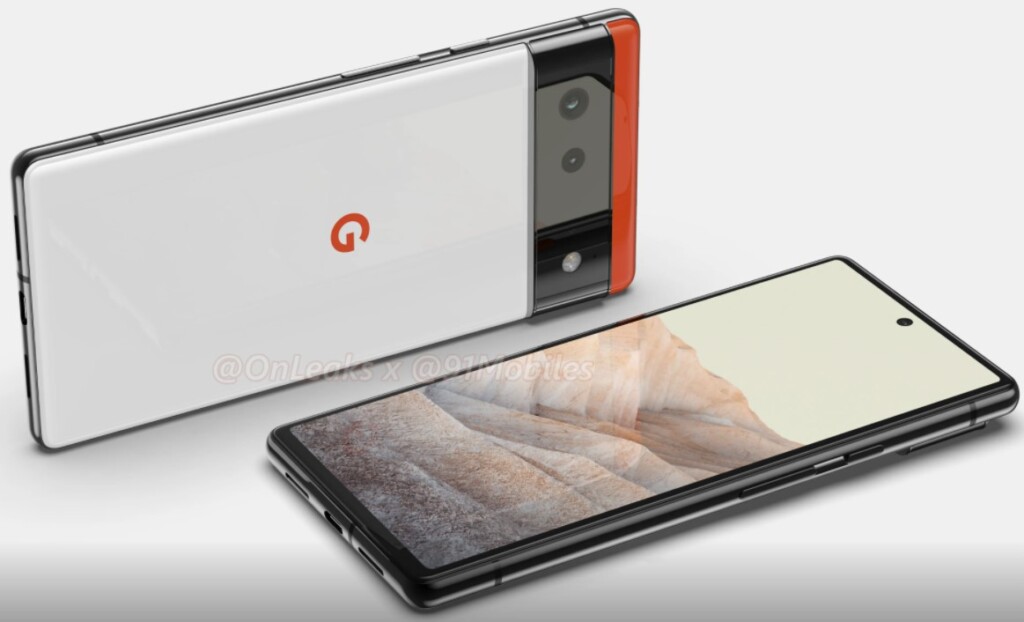
Google Is Set to Become a True Android Contender This Year
- Google’s upcoming Pixel 6 device looks like it’s going to make an impact in the market.
- The new model will hide a custom Google chip under the hood, possibly bringing costs further down.
- Google is also opening a retail store in New York, which is actually the first in the company's history.
Google has always been the big noncompetitive force of Android, providing the OS to everyone else, offering the core services, and a “reference device” like the Pixel, meant to show others how pure Android is meant to be implemented. Many people love the Pixel, especially last year’s low-cost Pixel 4a, and Google definitely has the resources to make such devices even more compelling and widely available.
However, the tech giant never did it, keeping the Pixels on short supply and its online store in limited country coverage - and generally avoiding direct competition with other Android players. It looks like this is coming to an end now, though, as several elements advocate a change in that strategy.
First of all, the renders of the upcoming Pixel 6 show a very bold design, nothing like the toned-down devices that we saw in the past, signifying an appetite for an aggressive marketing push.
Another indication that Google is really getting serious about making and selling smartphones is the fact that it is preparing its own chip, the ‘GS101’, aka ‘Whitechapel.’ According to the rumors that circulate everywhere, Samsung is providing their know-how to Google for this “secret” project. During the recent I/O, we saw the teasing of a stronger collaboration between the two, even though that concerned the WearOS space.
It is very likely that Google’s Whitechapel won’t be the powerhouse that competes with the A14 Bionic or the Snapdragon 888. Still, it could offer enough features (especially in photography) to make it competitive, while Google could bring Pixel prices further down by putting an in-house SoC in them. Also, extending the OS support even more would be less complicated, and so will be any optimizations that Google may be seeking to do.
And then there’s the announcement about Google’s first physical retail store, scheduled for opening in New York this summer. This is unprecedented and gives us another significant sign that Google is really going for it.
If you’re wondering about what convinced Google to maybe compete in the Android space, the answer relies on its partners. Huawei is already ushering its own path and is working on its own operating system. Other Chinese brands could soon face the same trouble from the U.S., and rumors already talk about the increasing possibility of all of them adopting the Harmony OS and ditching Android for good. LG has exited the smartphone business, Nokia is weakening, Motorola is gradually becoming irrelevant, and Sony is only interested in selling devices to a niche of professionals.
Google may have realized that the time to make the big move is now, taking the most successful mobile OS in history by the hand and leading it to a prosperous future. Or maybe they just had a random thought of opening their first-ever retail store and painting the new Pixel orange.








